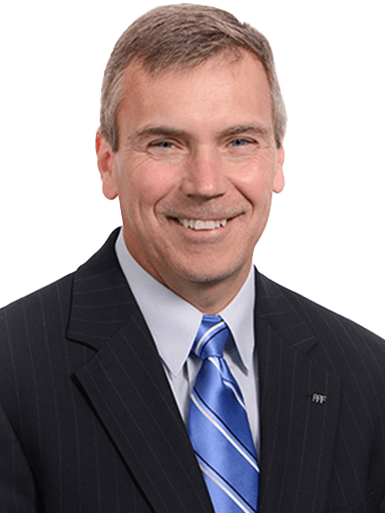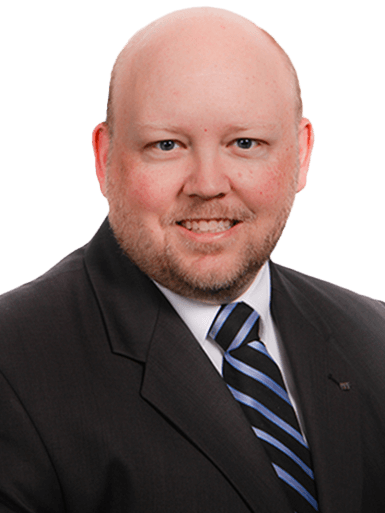Watch Now: Business & Individual Tax Planning Guidance Related to COVID-19 & the CARES Act
OnDemand Webinar – Watch Below
The Coronavirus pandemic has spawned a flurry of stimulus legislation and efforts taken by Congress, the Treasury, the IRS, and state & local governments to ease the impact on businesses and individuals. The most sweeping changes have come from Congress’s coronavirus relief package, the Coronavirus Aid, Relief, and Economic Security (CARES) Act, which is the largest economic relief bill in U.S. history and will allocate $2.2 trillion in support to individuals and businesses affected by the pandemic and economic downturn.
In this timely webinar recorded on April 27, 2020, AAFCPAs’ David McManus, CPA, CGMA, Richard Weiner, CPA, MST, and Josh England, LLM, Esq. present a live, educational Webinar providing key considerations and best practice recommendations related to the CARES Act and timely tax planning opportunities to help business & individual taxpayers navigate this unprecedented situation.
AAFCPAs provides guidance on the CARES Act & COVID-19 tax planning considerations, such as:
- Extensions of business & individual tax return filing and payment deadlines
- Payroll Tax Credits and other payroll-related benefits
- State legislative responses to COVID-19
- Net Operating Losses and Excess Loss Deductions
- Interest expense limitations
- Depreciation modifications for Qualified Investment Property
- Tax consequences of SBA loan debt forgiveness
- Retirement plan provisions of the CARES Act, and tax planning opportunities related to individual investments
- Charitable Contribution Changes in the CARES Act
- Estate tax valuations & gifting strategies
- Q&A
Much of the new legislation lacks specific guidance at this point and is subject to interpretation. In this webinar, AAFCPAs assist clients in interpreting available guidance so you may plan and achieve compliance in the most tax-efficient manner.
Watch Webinar OnDemand
Download Slides



